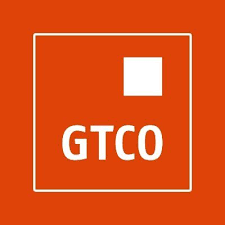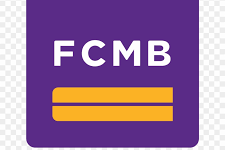HIGH-YIELD BANKING ALTERNATIVES
How Finance Houses and Cooperative Societies Help Nigerians Grow Their Money
INVESTMENT
Fabian Agore
9/10/20251 min read


Most Nigerians know the problem: you save money in a bank account, but the returns barely move the needle. With savings rates at 1–2% per year and inflation eating away at value, the traditional savings account has become more of a parking lot than an engine for growth. That’s where finance houses and cooperative societies come in.
Finance houses and cooperative societies are licensed non-bank financial institutions in Nigeria that provide investment opportunities, loans, and financial services. For individuals and businesses, they can deliver significantly higher returns on idle cash—if chosen carefully.
Ada’s Story: From Savings to Structured Investment
Ada, an events planner in Abuja, used to leave her business profits in her bank savings account. After a year, she realized her ₦20 million savings had earned less than ₦400,000 in interest.
Through a colleague, she discovered bloomm.org offering fixed-income investment notes. She invested the same ₦20 million in a 12-month product at 20% per annum. By the end of the year, she walked away with ₦4 million in interest— ten times what the bank would have paid.
For Ada, switching to a cooperative society meant turning idle cash into real growth.
Kingsley’s Story: Short-Term Cash Parking
Kingsley, a contractor in Portharcourt, often had large sums tied up between projects. He couldn’t risk leaving millions idle for months, but he also didn’t want them stuck in long-term investments.
His solution was to use a special investment package offered by bloomm.org, a 90-day special placement products. He parked ₦50 million for three months at a 25% annualized rate. At maturity, he earned nearly ₦3,125,000—without locking his funds for too long.
This flexibility made finance houses and cooperative societies a practical alternative for managing cash flow while still earning meaningful returns.
What Finances and Cooperative Societies Offer
1. Fixed-Income Investment Notes – Short to medium-term placements that pay higher interest than banks.
2. Leasing & Credit Services – Some finance houses and cooperative societies lend to SMEs and corporates, using investors ’ funds productively.
3. Higher Rates – Returns typically range between 10–25% annually, depending on tenor and product.
4. Structured Options – Unlike banks, they often provide customized investment terms to match your cash needs.
Risks and Safeguards
Finance houses and cooperative societies can be profitable, but they are not risk-free. Some have collapsed in the past due to mismanagement. To stay safe:
• Only work with CBN-licensed finance houses (the CBN publishes an updated list) and properly registered cooperative societies.
• Ask how funds are invested—transparency is key.
• Diversify: don’t put all your money in one finance house or cooperative society.
Why Finance Houses and cooperative societies Beat Savings Accounts
• Higher Yield: While banks give 1–2%, finance houses can pay 10–25% per annum
• Flexibility: Options for short, medium, or long-term placements.
• Accessibility: Entry levels are often lower than traditional bonds or treasury bills.
Final Word
Savings accounts are good for convenience, but terrible for growth. Finance houses and cooperative societies bridge the gap by giving Nigerians safe, higher-yield opportunities to grow idle cash while still maintaining flexibility.
For Ada, it meant boosting her business reserves. For Kingsley, it meant managing short-term project cash more effectively. For you, it could mean turning dormant naira into active income—if you choose the right finance house.
Visit this page daily for your dose of financial sense to power up your wealth growth. Also, share with your family, friends and colleagues.





